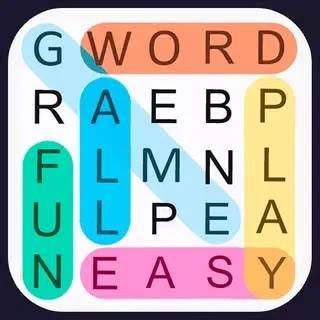Loading game...
Word Search
Word Search functions as a visual pattern recognition puzzle where the definitive goal is to locate every specific term listed in the inventory within a scrambled grid of letters. Victory is achieved only when the player successfully highlights all required words, which may be arranged horizontally, vertically, or diagonally in either forward or backward directions
What is Word Search?
